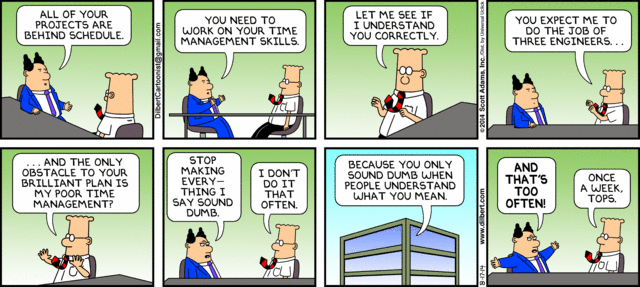Walking into work yesterday, I decide to open Twitter to check for news before I get in, and I see a line I never wanted to see – Robin Williams, RIP. No, no, no, no, no, no, this has to be a hoax, surely? But I get to my desk and check, there’s multiple sources confirming, and it can’t be denied.
Immediately I think of Dead Poets Society, of how that was the first movie I was conscious of crying in. I watched it in a dark room for English class, attempting to study the movie, but it was far too easy to get caught up in the content, mirroring the real world, an English teacher leading his class of boys to greater understanding. Our teacher knew well enough the impact, and was more than happy to watch it again to actually look at the content.
Then I thought of all those others, the movies throughout my childhood that I totally loved – Aladdin, Jumanji, Mrs Doubtfire, Patch Adams, Hook, Flubber, Jack. Growing a little older, Good Will Hunting, Bicentennial Man, What Dreams May Come… and I knew there was no way I wasn’t a Robin Williams fan. I’d watched almost all of his movies, and all of his standup I remember a few years ago he came to Sydney for a single night at the Entertainment Centre, big enough to seat hundreds; I got the best seats I could, on the floor about 12 rows back. Most of the material I’d seen before, but I still left with my stomach hurting from laughter and a smile I couldn’t wipe off my face. It wasn’t close enough by far.
Celebrity deaths don’t get to me, with possibly the only exception being Michael Jackson 5 years ago, but this one struck, hard. I’m not sure I’m over it a day later. Watching Mrs Doubtfire last night was bittersweet, more than the movie is, because just seeing that performance made it hit that much harder. Here was a man who could make anything funny, who could riff off the smallest things – his outtakes in The Crazy Ones were full of infectious throw-away lines, and I was glad to have seen that show even if it had been cancelled.
Farewell, Mr. Williams, you were the clown that made everyone laugh whenever we needed it.


